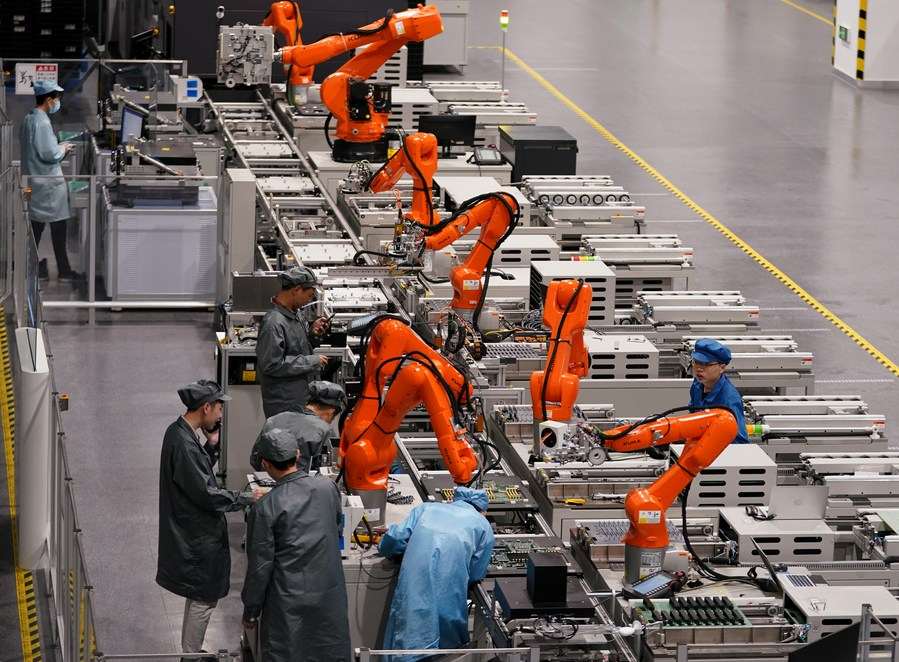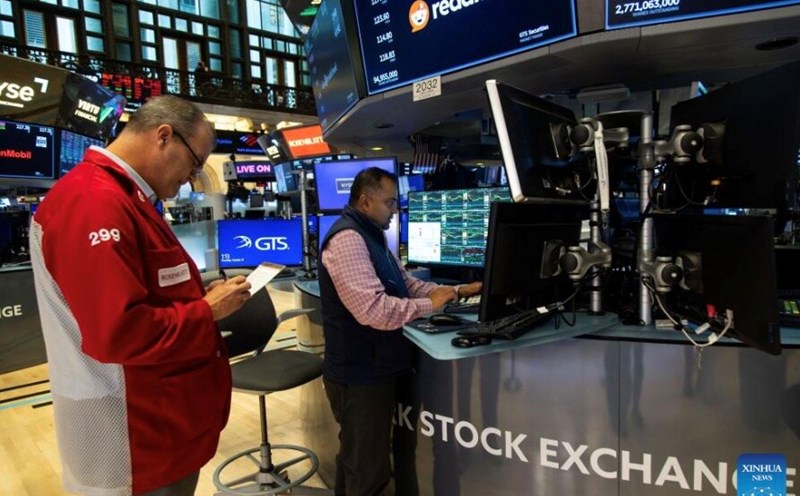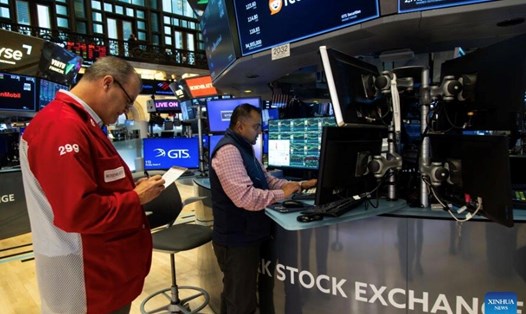While President Donald Trump has focused on Canada and Mexico with 25% tariffs, China remains a major target. Despite reports of some tariffs being delayed until March 1, the White House has said it will impose a 10% tariff on Chinese imports on February 1. During the campaign, Trump had threatened tariffs of 60% or higher.
Mr. Trump believes that tariffs will help revive manufacturing and create jobs in the United States. However, if this policy is implemented, American consumers may have to pay higher prices for a range of products, from furniture to electronics.
Meanwhile, Chinese exporters - which depend on the US market - will have to find ways to survive.
CNBC traveled to Guangdong province, known as the "factory of the world," and saw how businesses there are finding ways to adapt.
Chinese businesses seek to avoid tariffs - US goods prices soar
To avoid being severely affected, Harry Li - a furniture manufacturer in Foshan - increased exports to the US before the tax took effect.
He said that no matter what level of tariffs President Donald Trump imposes, product prices will increase by at least 10% to offset costs.
“We have to speed up delivery and accept the risk,” Li said. His company, Tianyiled, will temporarily store goods in its warehouse in the US until the situation becomes clearer.

Manufacturing “migrating” from China
Not only boosting exports, many businesses are also looking to move production abroad.
Zheng Yu, the owner of a water purifier company in Guangzhou, is looking for a new location to build an assembly line outside of China.
"We can buy components from China but will hire local workers to produce," he said.
Zheng’s Tesran company is considering Vietnam, Malaysia, Mexico and Dubai. Although Dubai’s production costs are 30% higher, he is still leaning towards this option.
"The domestic market is fiercely competitive. We have wanted to expand for a long time and President Trump's tax policy was the final push."
Zheng is also negotiating with US customers to share the tariff burden. He hopes they can shoulder at least half of the cost.
The limits of Chinese companies' tolerance
Most of the companies CNBC spoke to had a “tolerable” tariff threshold, ranging from 20% to 60%. If tariffs exceeded that threshold, they would have to abandon the U.S. market.
Zheng said if President Trump expands tariffs to all countries, even Dubai will no longer be an option.
"At that time, the US will no longer be on our market list."
In Guangzhou, Leng Rong - owner of a cosmetics company - is also facing the risk of withdrawing from the US market.
During President Trump’s first term, his company Keni was hit with tariffs of more than 20%, causing huge losses. With thin profit margins, Leng had no choice but to pass the costs on to customers.
"In the past, everyone considered the US the most potential market. But with unstable and unfriendly policies, the US's appeal is gradually decreasing. What a pity," Leng lamented.







